By Felicitas Starr-Egger (Manchester) p.12-30
2001 Issue 3
Abstract
Advances in IT have had a serious impact on language testing and led to the development of a large number of testing projects which utilise computers to varying degrees. The article briefly reviews computer adaptive language tests (CALTs) developed over the last 30 years, followed by an outline of the current situation with regard to German CALT projects. Subsequently potential key reasons for the apparent shortage of German test of this type are suggested. The issue of non-standardised terminology is discussed with reference to commonly used acronyms and conflicting definitions within literature. The article locates the area of computer adaptive testing (CAT) within computerised assessment of languages and concludes with a short introduction to the key features of a CAT and the underlying mathematical theory.
